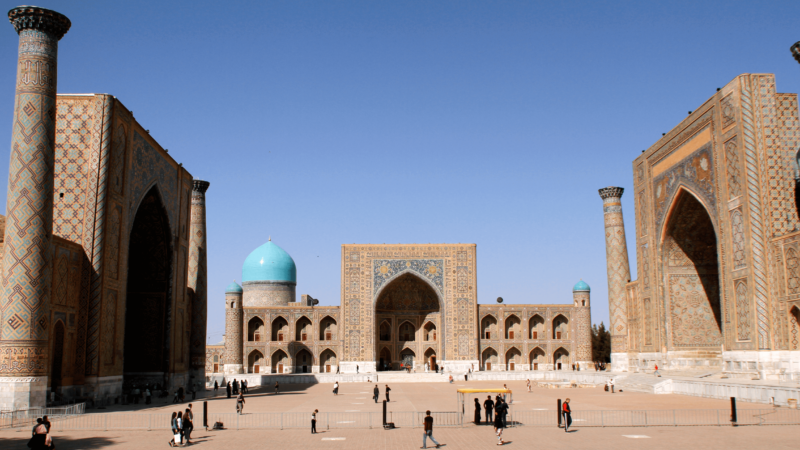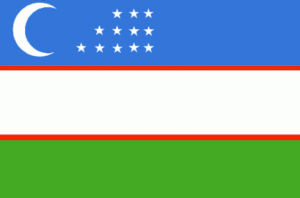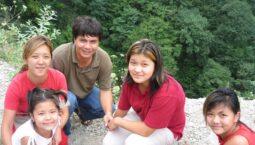Uzbekistan

Information about Uzbekistan

Main religion: Islam
Governance: Presidential rule
Capital: Tashkent
Population: 27.6 million
Number of Christians in total: Estimated 3,060,000
Number of convert Christians: Estimated 10,000
How are Christians harassed, discriminated against and persecuted?
The persecution of Christians in Uzbekistan is decreasing in recent years and the church is growing. After Karimov's death and the change of president in 2016, when Shavkat Mirzijayev became president, the pressure on Christians has subsided. The new president wants to open Uzbekistan to Western capital and tourism, which has led to more freedom in the country.
An official license is required to operate a church, and the state requires 100 signatures to apply for this. Many people are afraid to sign as the police thoroughly investigate each person who submits a signature. In the last 20 years, virtually no churches have been granted a license, but recently several churches have been granted a license by the state.
Police raid Christians who meet, even in registered churches, and punish them with heavy fines. Christians are punished for teaching children the Christian faith and Christians are in danger of losing their jobs.
Evangelization through personal relationships
There are examples of the media portraying evangelical churches as sects. It is a law in the country that you cannot convert people. It is therefore punishable to share your faith if it leads to conversion. The Muslim majority in the country puts pressure on Christians and missionary work is only possible through relationships and personal conversations.
When Muslims convert to the Christian faith, they are met with great resistance from family, friends and colleagues.
What does the Danish European Mission do
Danish European Mission improvers and donors empower local Christians to do social work.
Persecuted Christians need to be able to read the Bible in a language they understand so they can be edified, strengthened in their faith and share the Gospel with their fellow countrymen. That's why the Danish European Mission has supported the translation of the Bible into Karakalpak, which is spoken by a large ethnic group in the very poor, northwestern part of the country.


